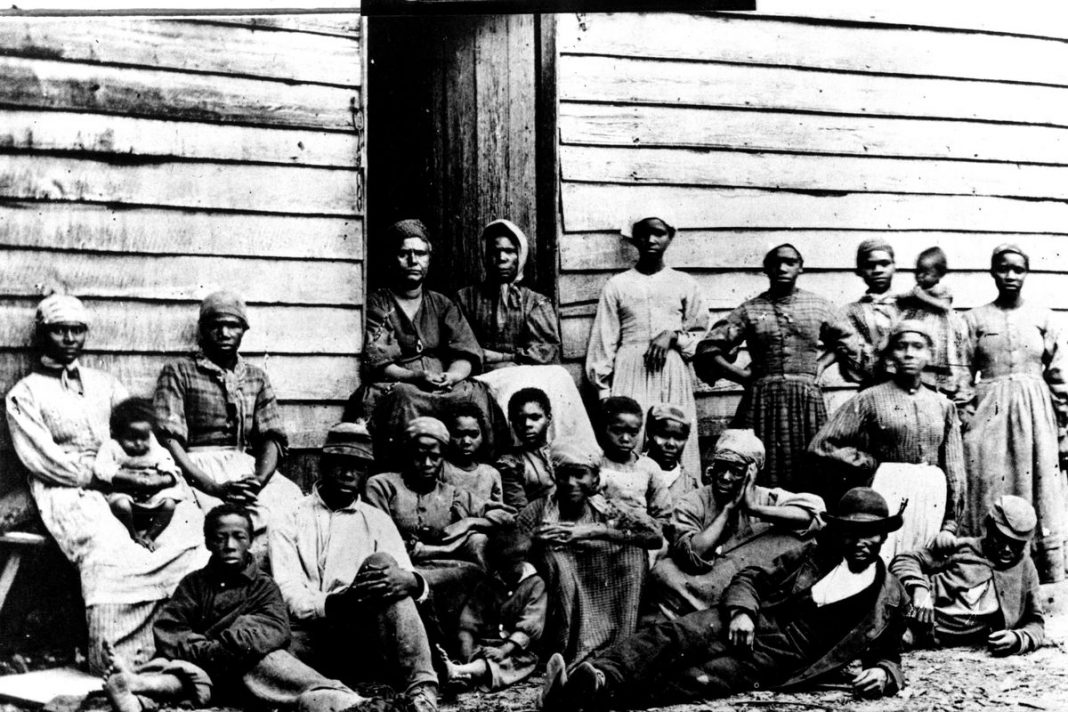September 16 is Mexican Independence Day, which is marked by a national holiday. The day is a celebration of Mexico’s independence from Spain but in fact, on September 16 of 1810, Mexicans had no real indicators of freedom from Spain. It took 11 years of fighting to make independence from Spain a lived reality but September 16 marked the beginning of hope. In the same way, Juneteenth 19, 1865 did not bring African people wealth, strong institutions or even safety. Unlike July 4, 1776, however, Juneteenth was the birth of a legitimate possibility, for Black people.
Thomas Jefferson, a slaveowner and child rapist, took a shot at the King of England in his original draft of the Declaration of Independence. Ironically, Jefferson threw stones at the King for not understanding that Black Lives Matter. No, seriously.
“he has waged cruel war against human nature itself, violating it’s most sacred rights of life & liberty in the persons of a distant people who never offended him, captivating & carrying them into slavery in another hemisphere, or to incur miserable death in their transportation thither. this piratical warfare, the opprobrium of infidel powers, is the warfare of the CHRISTIAN king of Great Britain. determined to keep open a market where MEN should be bought & sold, he has prostituted his negative for suppressing every legislative attempt to prohibit or to restrain this execrable commerce: and that this assemblage of horrors might want no fact of distinguished die, he is now exciting those very people to rise in arms among us, and to purchase that liberty of which he has deprived them, & murdering the people upon whom he also obtruded them; thus paying off former crimes committed against the liberties of one people, with crimes which he urges them to commit against the lives of another.”
Jefferson’s bold condemnation of the slave trade was scrapped from the final version and the United States Constitution boldly affirmed the institution of slavery. There was no realistic possibility of freedom to celebrate, on July 4th. As Frederick Douglass said, “What, to the American slave, is your 4th of July?” Douglass went on to say, “This Fourth of July is yours, not mine, You may rejoice, I must mourn.” July 4th is, for many Black people, void of any true value. Juneteenth, however, exists as something altogether different in the imagination of Black people.
The Emancipation Proclamation did very little. It was a strategic war strategy, a measure that neutralized any inclination from England to side with the Confederacy during the Civil War. It freed enslaved people in territories that Abraham Lincoln no longer controlled, meaning that it mostly freed no one. On Juneteenth, however, something very different happened. Union army general Gordon Granger read federal orders in the city of Galveston, proclaiming all slaves in Texas were now free. Texas was the most remote of the slave states and when the Emancipation Proclamation was issued, the absence of Union troops made it impossible to enforce. Further, news of the defeat of Confederate troops in Texas in April hadn’t reached Galveston. In essence, Galveston represented the last stronghold of darkness, the most remote outpost of opposition. When slavery died there, it died for real.
Indeed, slavery would live on after the Compromise of 1877 and the Reconstruction era. Still, Juneteenth represented the first time that freedom was a realistic possibility. Just as Mexico would still have to fight Spain for years, the freed slaves understood that freedom would not be instant but with the abolition of slavery, they could at least fight for it. Juneteenth matters, it really does.








